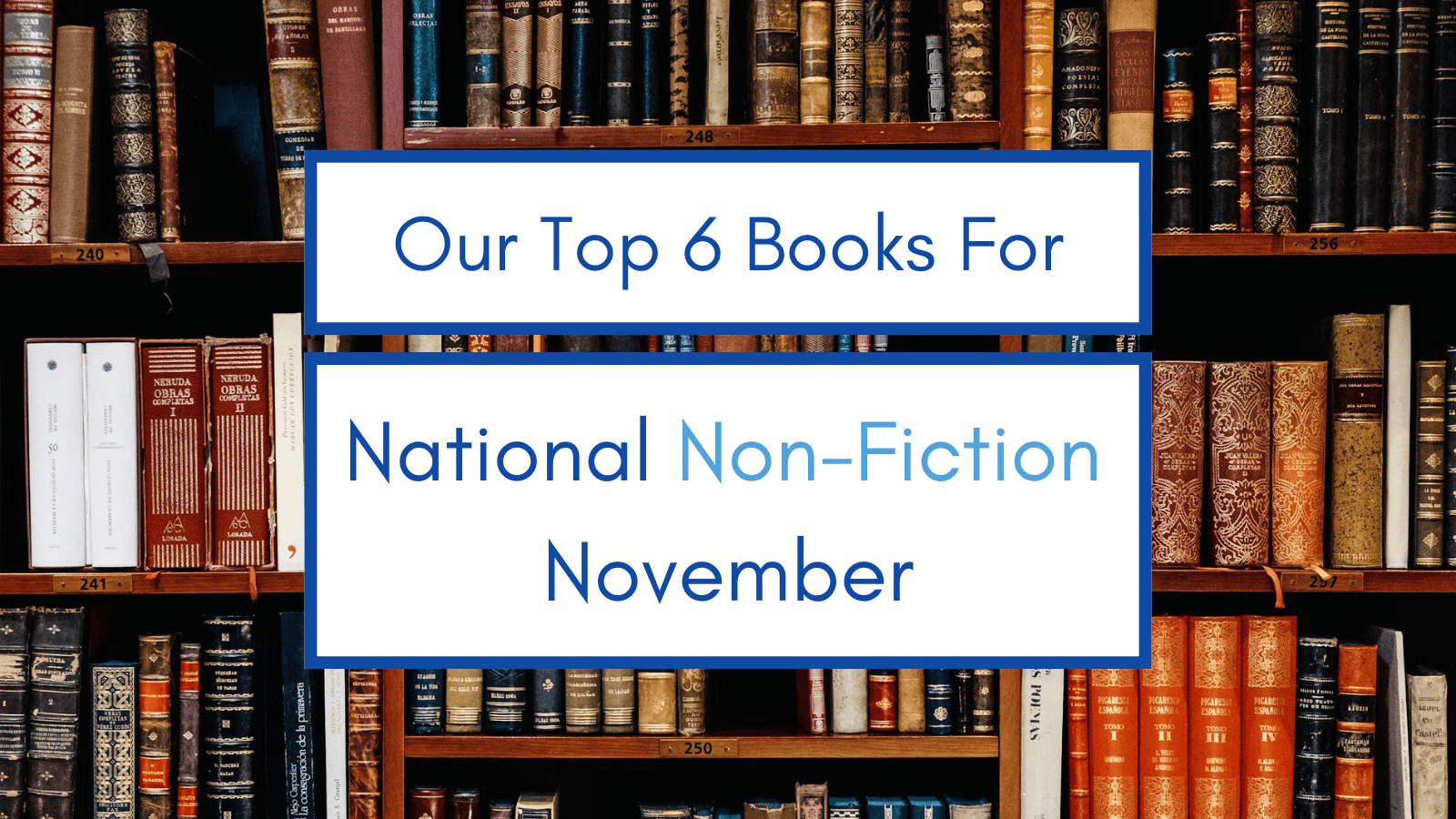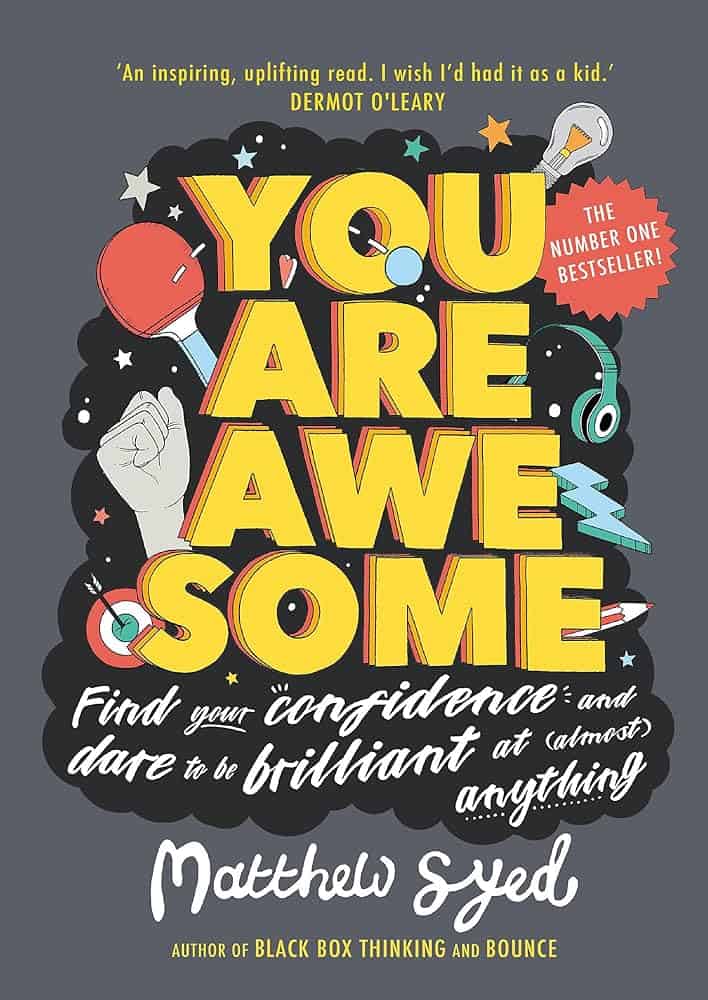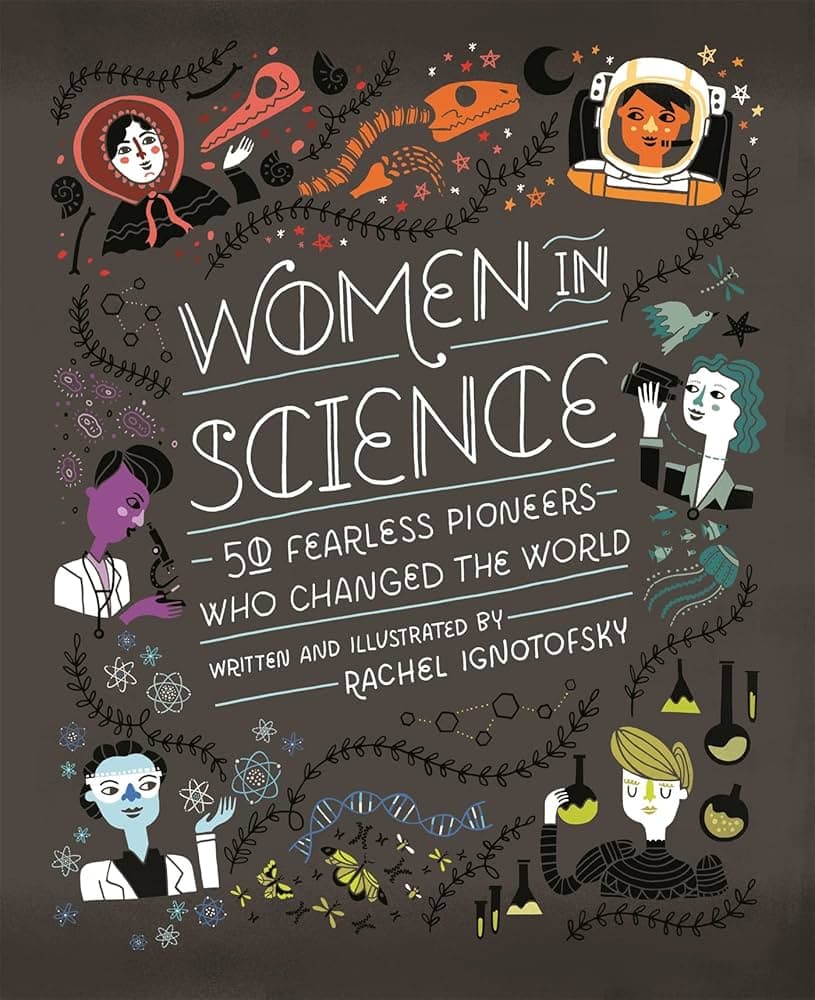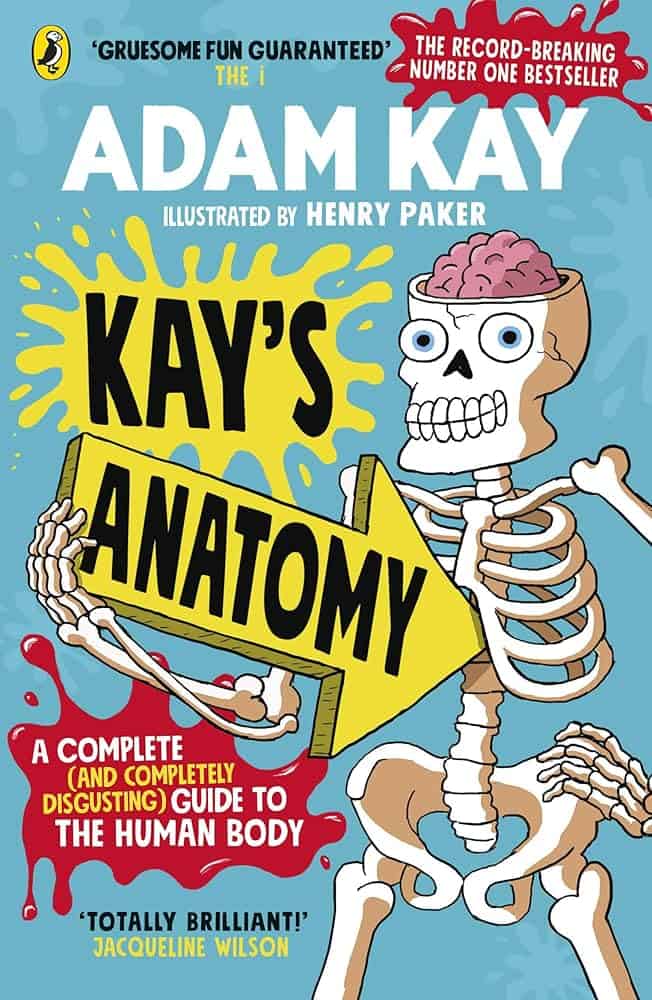Non-Fiction November 2024

“National Non-Fiction November” is an annual celebration of factual texts set up by the Federation of Children’s Book Groups.
Each year, National Non-Fiction November has a different theme. The theme for 2024 is Why Don’t You? which is designed to stimulate discussion about hobbies and leisure activities and to encourage young people to try something new.
Non-fiction can be an important addition to a child’s personal reading library. It helps us to build understanding, empathy and curiosity for the world around us. Non-fiction is an excellent tool for expanding general knowledge and vocabulary. It is also a genre that often appears in the 11+ exam so is one children in Year 5 should begin to foster an understanding of.
Non-fiction can be ideal for reluctant readers who prefer facts to fiction and is a great way to bring information alive for young people.
The National Literacy Trust explored the differences between children and young people who did, and didn’t, read non-fiction. According to their research, more of those who read non-fiction compared with those who didn’t said that they read for educational reasons, for social connection or for mental-wellbeing purposes. Twice as many of those who read non-fiction, compared with those who didn’t, said that they read to relax (62.0% vs. 33.4%), that reading makes them feel better (53.2% vs 26.0%) and that reading makes them feel more confident (31.9% vs 13.3%). Their full report can be read on the National Literacy Trust website.
Eleven Plus Exams has compiled some of our favourite non-fiction titles to get you and your child started this November. These titles include books related to motivation and hobbies, as well as science, language and real-life biographical stories.
You Are Awesome by Matthew Syed

Published: 2018
Recommended for: Years 5, 6
“I can’t do sports”, “I’ll never understand maths”, “I’m terrible at exams”. Does that sound familiar? When we believe we can’t do something the chances are we won’t try. But what if there was a way to get better at maths or sports or exams? This book will show young readers how it is possible to excel at anything they put their minds to.
This is an encouraging manual on how to foster a growth mindset, emphasising the importance of practice and failure when it comes to achieving your goals.
You Are Awesome is written in a funny and accessible tone. It is practical and insightful and will help children to build resilience, an especially useful skill in the lead up to exams.
Women in Science : 50 Fearless Pioneers Who Changed the World by Rachel Ignotofsky

Published: 2016
Recommended for: Years 4, 5, 6
This vividly illustrated and educational book celebrates the achievements of fifty intrepid women who have contributed to the fields of science, technology, engineering and mathematics, and who have paved the way for future generations of female scientists, doctors, astronauts and mathematicians.
The book includes colourful infographics and an illustrated scientific glossary, making it accessible to all ages and easy to digest. This text makes great exam preparation for shorter, self-contained non-fiction passages and, moreover, is likely to inspire and energise girls and boys alike with an interest in STEM.
Ignotofsky’s other publications, Women in Sport and Women in Art, are similarly excellent non-fiction reads to target and inspire their respective interests.
Once Upon a Word: A Word-Origin Dictionary for Kids—Building Vocabulary Through Etymology, Definitions & Stories

Published: 2020
Recommended for: Years 4, 5, 6
The English language is made up of words from different places, events, and periods of time and most of these words have an interesting story of how they came to be. Why is a gnome called a gnome? Who came up with the words zombie or caterpillar?
Once Upon a Word answers these questions and is a fun and accessible compendium of easy-to-understand definitions and origin stories for words in the English language. This is a fantastic vocabulary builder for a child of any age, with well-explained introductions to word roots, branches, prefixes and suffixes.
Improving a child’s vocabulary can seem like a tedious and insurmountable task at times but this book may provide a great head start; it provides the context for English vocabulary that can capture a child’s natural inquisitiveness and desire to understand why something is the way it is. The history lessons in this book pave the way for improving spelling, vocabulary and reading comprehension overall.
What is Poetry? by Michael Rosen

Published: 2016
Recommended for: Years 5, 6
This is a detailed and personal guide to reading and writing poetry by the author of “We’re Going on a Bear Hunt”, one of the country’s leading children’s poets. This book is designed to be used by children but is useful for parents and teachers alike. Explanations throughout are accessible and easy to understand.
This is a great resource for children interested in writing their own poetry. Many children may feel confused about the purpose and function of poetry. This book helps to explain how poetry works, and may especially capture the interest of children more inclined towards non-fiction, not just those who already enjoy reading poetry for fun. Rosen introduces technical ideas, great poems and inspires children to embrace poetry in their own way.
Kay’s Anatomy by Adam Kay

Published: 2020
Recommended for: Years 4, 5, 6
Do you ever think about your body and how it all works? This book will tell you what is really going on, including the answers to all the silliest science questions, like are bogeys safe to eat? And how much of your life will you spend on the toilet?
Adam Kay’s science books are chatty and child-friendly, packed with jokes and illustrations alongside facts and anatomical information.
Adam Kay is a former doctor. He takes the complex subject of the human body and makes it enjoyable and accessible for young readers. This book is ideal for students with an interest in science.
Kay’s other publications, including Kay’s Marvellous Medicine and Kay’s Incredible Inventions, continue the scientific fun. These are denser books in general that will appeal to more confident readers, but they are easy to pick up and put down as they are split into easy to flick through chapters.
Survivors: Extraordinary Tales from the Wild and Beyond by David Long and Kerry Hyndman

Published: 2016
Recommended for: Years 5, 6
Survivors is a collection of true stories about adventure and survival. From a teenager who survived a plane crash above a rainforest to a sailor who survived for 133 days on a raft in the Atlantic when his ship was torpedoed.
This is a remarkable anthology that will grip young readers with tales of peril as much as it will uplift and inspire them with messages of self-belief and bravery.
These stories are a perfect length to be read aloud at bedtime and will certainly be retold by young readers to all their friends. This is an ideal book for fans of non-fiction and books with facts, and makes a good introduction to the genre for 11+ preparation.
The authors of this book have also published two more exciting titles: Heroes, which explores the incredible true stories of acts of courage performed by animals, and Rescue, which explores real-life rescue missions from on, under and above the earth.